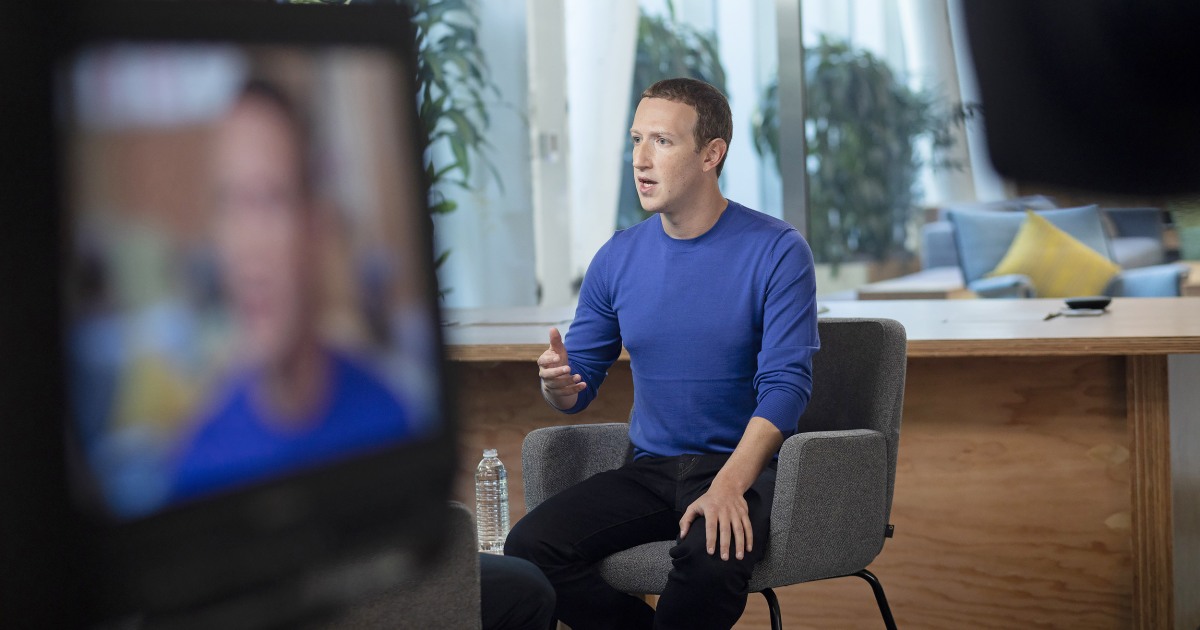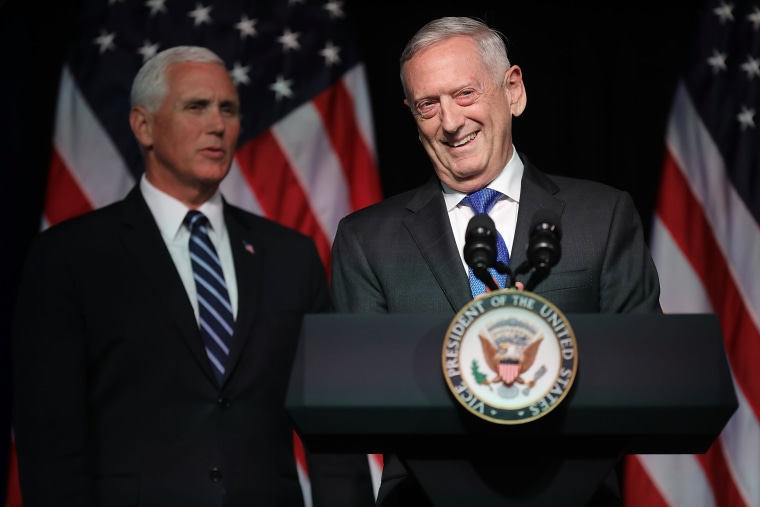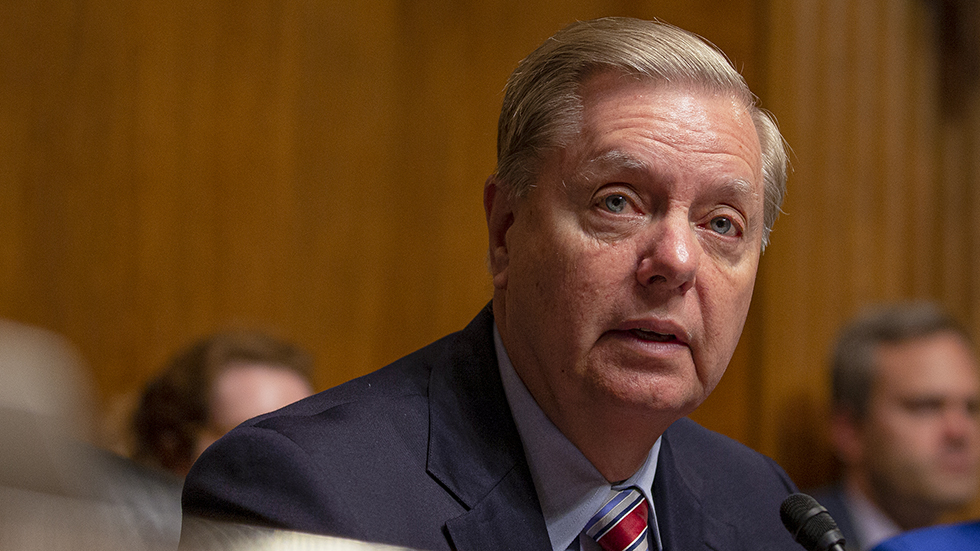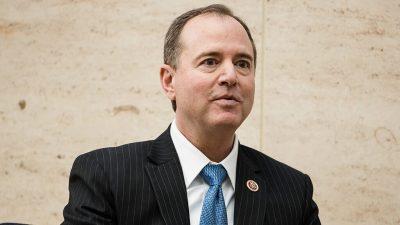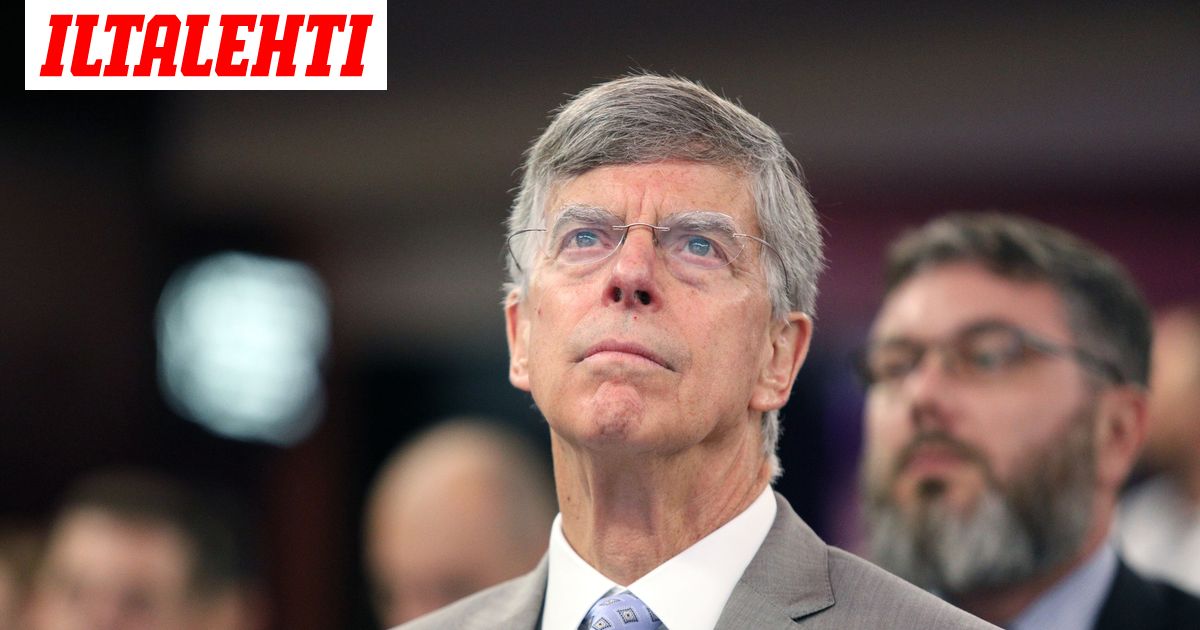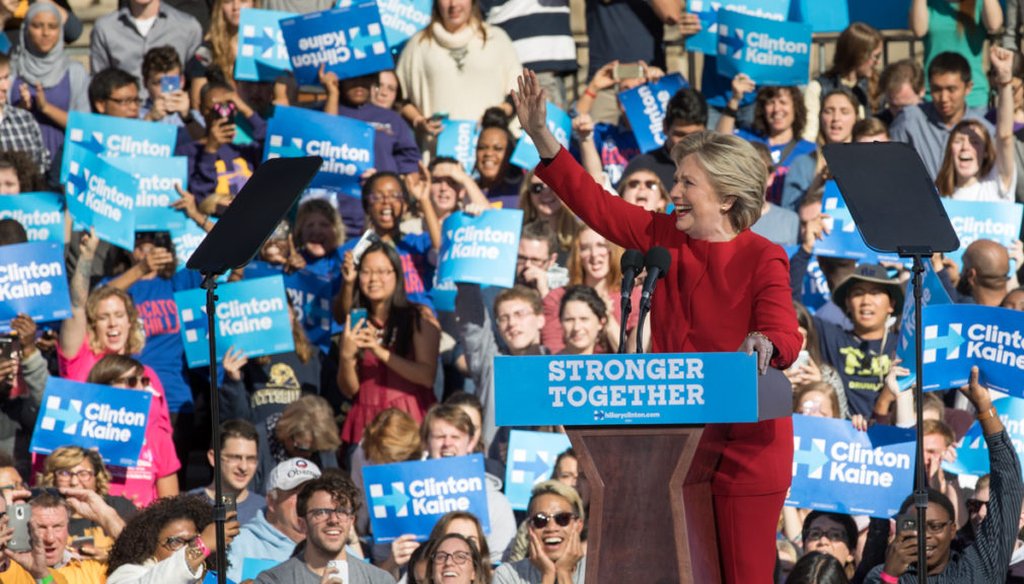The senior U.S. diplomat in Ukraine said Tuesday he was told release of military aid was contingent on public declarations from Ukraine that it would investigate the Bidens and the 2016 election, contradicting President Trump’s denial that he used the money as leverage for political gain.
Acting ambassador William B. Taylor Jr. testified behind closed doors in the House impeachment probe of Trump that he stands by his characterization that it was “crazy” to make the assistance contingent on investigations he found troubling.
Upon arriving in Kyiv last spring he became alarmed by secondary diplomatic channels involving U.S. officials that he called “weird,” Taylor said, according to a copy of his lengthy opening statement obtained by The Washington Post.
Taylor walked lawmakers through a series of conversations he had with other U.S. diplomats who were trying to obtain what one called the “deliverable” of Ukrainian help investigating Trump’s political rivals.
Taylor said he spoke to Ambassador Gordon Sondland, the U.S. envoy to the European Union.
“During that phone call, Amb. Sondland told me that President Trump had told him that he wants President [Volodymyr] Zelensky to state publicly that Ukraine will investigate Burisma and alleged Ukrainian interference in the 2016 election,” Taylor said in the statement.
Former Vice President Joe Biden’s son Hunter had been a board member of Burisma, a large Ukrainian gas company. Joe Biden is a 2020 Democratic presidential candidate.
“Amb. Sondland also told me that he now recognized that he had made a mistake by earlier telling the Ukrainian officials to whom he spoke that a White House meeting with President Zelensky was dependent on a public announcement of investigations — in fact, Amb. Sondland said, ‘everything’ was dependent on such an announcement, including security assistance,’” Taylor told House investigators.
“He said that President Trump wanted President Zelensky ‘in a public box’ by making a public statement about ordering such investigations.’
Taylor was called to testify before committees considering whether to impeach Trump because he had raised alarms about Trump administration interactions with Zelensky.
“It was just the most damning testimony I’ve heard,” Rep. Debbie Wasserman Schultz (D-Fla.) said in an interview partway into Taylor’s testimony.
Taylor’s testimony had been expected to fill in some blanks about the activities of U.S. officials who appear to have sought Ukrainian help at the behest of Trump and his personal attorney, Rudolph W. Giuliani.
At issue is whether the White House conditioned military aid and a meeting between the two presidents on Zelensky’s cooperation.
“He drew a very specific direct line from President Trump to the withholding of foreign aid and the refusal of a meeting,” between Trump and the new Ukrainian leader, Wasserman Schultz said, “directly related to both insisting on Zelensky publicly say that he’ll have an investigation, that they will investigate.”
Taylor did not comment as he arrived on Capitol Hill for what was expected to be several hours of closed-door testimony.
An official working on the impeachment inquiry said Tuesday that Taylor is testifying under subpoena after the State Department attempted to block his appearance.
“The House Intelligence Committee issued a subpoena to compel his testimony this morning,” said the official, who requested anonymity to discuss the arrangements. “As is required of him, Ambassador Taylor is now complying with the subpoena and answering questions from both Democratic and Republican Members and staff.”
Taylor took the job on temporary assignment earlier this year after the sitting ambassador was removed, in what she told the committees was political retaliation by the Trump administration.
Taylor, a retired former ambassador to Ukraine and a foreign policy elder statesman, had exchanged text messages with two other diplomats in which he called it “crazy to withhold security assistance for help with a political campaign” and a “nightmare scenario.”
“It’s like if you have a 1,000 piece puzzle, which is what this is,” Wasserman Schultz said. “This filled in a ton of that puzzle.”
She and other Democratic lawmakers said Taylor’s morning testimony stood in contrast to the appearance last week of Sondland, a Trump donor and a key player in efforts to secure a statement from Zelensky committing to investigations.
“There were many things that Ambassador Sondland didn’t remember that Ambassador Taylor remembered in excruciating detail,” Wasserman Schultz said.
Hours before Taylor arrived, Trump called the impeachment inquiry a “lynching,” drawing swift condemnation from Democrats. Some accused the president of using race to attempt to distract from what Taylor may say.
Taylor agreed to go to Kyiv as a placeholder ambassador because he thought the U.S.-Ukraine relationship was at a critical moment following Zelensky’s election last spring, other diplomats said.
Taylor wanted to reinforce U.S. support for Zelensky’s anti-corruption agenda and his independence from Russia, people who know Taylor said.
He also told friends he worried that the relationship would drift after the forced recall of former ambassador Marie Yovanovitch, and he made it clear within the State Department that he objected to her treatment, current and former administration officials said.
On July 21, four days before Trump and Zelensky had a phone call in which Trump asked Zelensky to conduct those investigations, Taylor exchanged text messages with Sondland.
Zelensky wants Ukraine to be “taken seriously” and not just serve as “an instrument in Washington domestic, reelection politics,” Taylor told Sondland, a key player in the effort to draw Ukraine into the election-related investigations.
And on Sept. 1, the day Vice President Pence was set to meet with Zelensky, Taylor again texted Sondland.
“Are we now saying that security assistance and WH meeting are conditioned on investigations?” Taylor asked.
“Call me,” Sondland replied, in what Democrats have said is probably an effort to prevent a paper trail.
On Sept. 8, Taylor and Sondland tried to get on the phone with Kurt Volker, then the special U.S. envoy for Ukraine, but Volker couldn’t hear the conversation.
“Gordon and I just spoke,” Taylor texted Volker. “I can brief you if you and Gordon don’t connect.” Taylor continued: “The nightmare is they give the interview and don’t get the security assistance. The Russians love it. (And I quit.)”
Taylor probably was referring to a potential statement to the press from the Zelensky government committing to the investigations. He was apparently worried that Zelensky would give in, but still not receive his promised aid, and that Russia would then use that opening to portray the new Ukrainian leader as a patsy.
Volker turned over copies of the text messages when he testified voluntarily earlier this month.
“The message to the Ukrainians (and Russians) we send with the decision on security assistance is key,” Taylor texted the next day. “With the hold, we have already shaken their faith in us. Thus my nightmare scenario.”
Sondland replied, saying that “we have identified the best pathway forward.”
“As I said on the phone,” Taylor replied, “I think it’s crazy to withhold security assistance for help with a political campaign.”
Five hours went by before Sondland replied. Sondland later testified that he was relaying only what Trump had told him in an intervening phone call.
“Bill, I believe you are incorrect about President Trump’s intentions,” he wrote. “The President has been crystal clear no quid pro quo’s of any kind. The President is trying to evaluate whether Ukraine is truly going to adopt the transparency and reforms that President Zelensky promised during his campaign.”
Democrats have pointed to that message, which differs in tone and detail from the chatty earlier exchanges, as an effort to establish a cover story.
Taylor is a former Army officer and Vietnam War veteran who has served in government posts in Iraq, Afghanistan and elsewhere. He is expected to return to his senior position at the U.S. Institute for Peace sometime next year.
His is the first of two planned closed-door depositions this week.
Laura Cooper, deputy assistant secretary of defense whose portfolio includes Russia and Ukraine, will testify in a closed session Wednesday, according to an official working on the process.
Several other closed-door depositions will be rescheduled this week due to events honoring the late congressman Elijah E. Cummings (D-Md.), the official said.
House investigators were expected to hear from Ambassador Philip Reeker, acting assistant secretary for European and Eurasian affairs, and Michael Duffey, associate director of national security programs at the Office of Management and Budget — but those depositions will no longer take place Wednesday, according to the official.
Neither party wins positive marks from Americans for their handling of the impeachment inquiry, according to a new poll, though Republicans fare worse.
Forty-three percent approve of how Democrats are handling the inquiry, while 49 percent disapprove, according to the poll released Tuesday by CNN that was conducted by SSRS.
By contrast, 30 percent of Americans approve of the way Republicans are handling the impeachment inquiry, while 57 percent disapprove.
In a Monday tweet, however, Office of Management and Budget acting director Russ Vought said he and Duffey would not comply with deposition requests. Reports indicating otherwise, he wrote, were “Fake News.” His tweet included the hashtag “#shamprocess.”
Trump urged his party on Monday to “get tougher and fight” against his impeachment as House Speaker Nancy Pelosi (D-Calif.) distributed a “fact sheet” outlining what her office called a gross abuse of presidential power, including a “shakedown,” “pressure campaign” and “cover up.”

